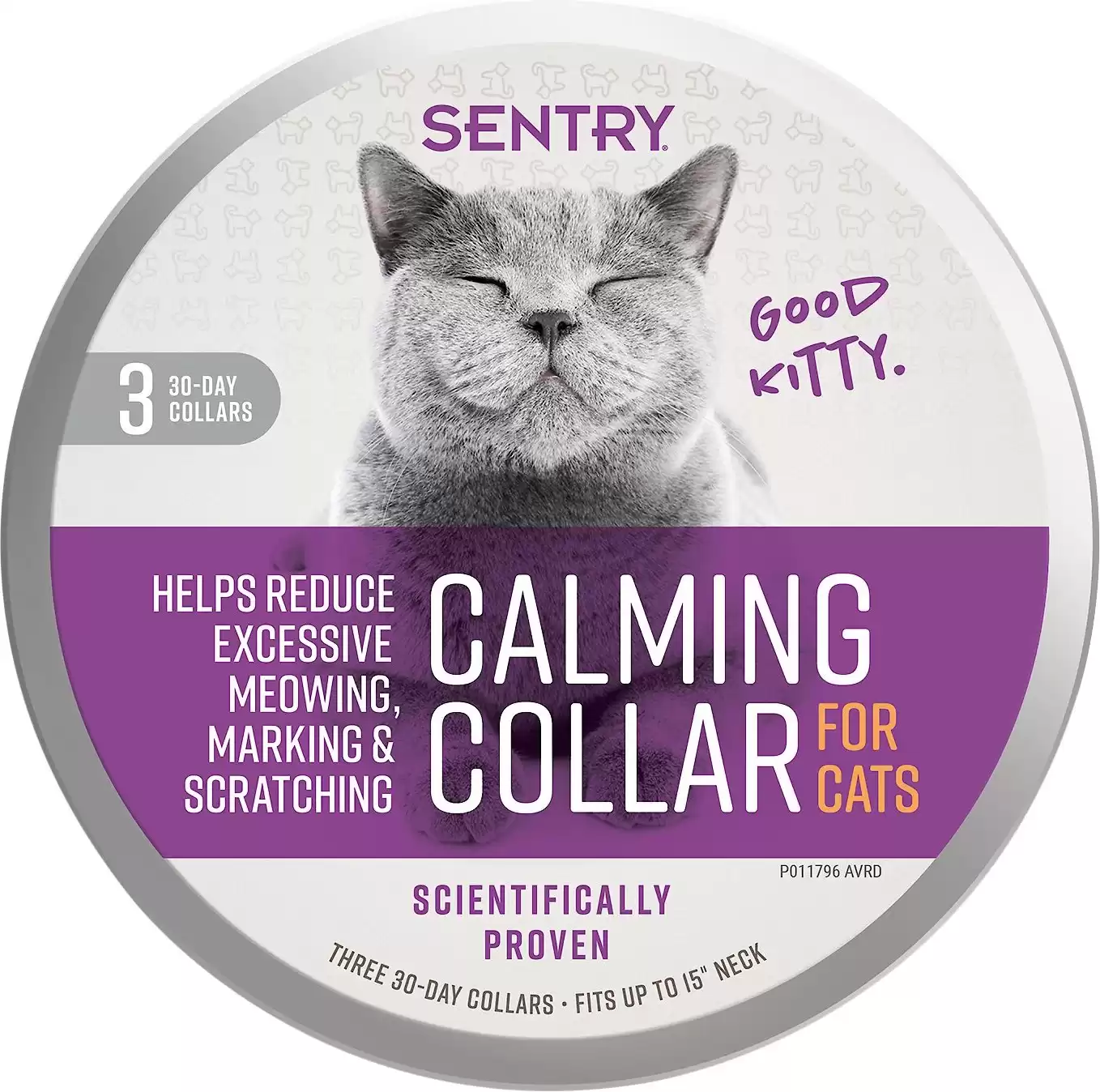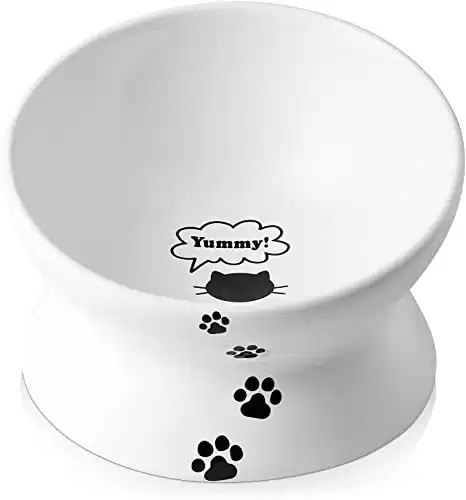If you are a long-time cat owner, you should know that cats don’t meow at each other. Instead, they meow at you, their owners. Cats use their meows to communicate and for their owners to meet their demands. Not many people know, but feral cats (domesticated cats that live outdoors) do not meow as much as house cats. This means that meowing is a unique language reserved only between the cats and their owners.
The only time cats will meow at each other is when they are still kittens. They use their meow to communicate with their mothers. Kittens meow to ask for food or let their mothers know that they are cold. Mothers meow to help their kittens when they get lost. Once they become adults, cats no longer meow at each other. They have a different way of communicating with other cats, primarily through their sense of smell.
One thing to remember about cats is that they are very smart. They know how to get what they want, and they may sometimes excessively meow when they don’t get their way. Another sound that cats make is a yowl. This is similar to the sound of a meow, though drawn out and melodic. Humans hear cats yowl during the breeding season.
Domestication as a Reason for the Meow
Wild cats didn’t meow thousands of years ago. They use their sense of smell when communicating with each other because cats are loners. You probably notice that even with your house cats. They’re not as much of a people person as dogs are. But when cats started living with humans 10,000 years ago, they had to find a way to communicate with them.
Since humans don’t have a keen sense of smell like wild cats, these domesticated animals needed to find a way to get humans to do what they wanted. Instead of urinating on furniture as they do with trees in the wild, cats learned how to meow. Have you noticed that your cat’s meow sounds different depending on what your pet is asking? Cats have a repertoire of meows to express different needs and elicit different responses.
However, only house cats who live with humans use their meows to get what they want. Stray cats don’t have such a sophisticated repertoire of meows since they rarely use their voice in communicating with other stray cats.
- Impressive pheromone technology
- Clinically proven to reduce nervous behaviors
- Fits necks up to 15 inches around
- Pheromones are mixed with scents like chamomile and lavender
Common Reasons Why Cats Meow
As you live with your cats, you will realize that their meows sound different depending on what they want to convey. This is their form of communication, so these meows likely have different intonation and depth. Here are some of the most common reasons for the cat’s meows.
To Greet People
Cats meow to greet people. They may also sometimes circle your legs to welcome you home. Rubbing against your legs is another form of greeting. When you speak to it, the cat may also meow to say that it understands you.
To Demand Attention
Although cats are originally loners, they now enjoy social contact, especially with their owners. Cats meow to voice their need for attention. They meow because they want their owners to stroke them or give their bellies a rub. Sometimes, even talking to the cat will stop them from meowing.
To Ask for Food
Cats can be demanding creatures, and they ask many things from meowing. When they are hungry and see their owners entering the kitchen, cats will meow to remind them that they need food. They also use their meows to beg for human food.
- Design is cat-friendly
- Comes in 3 sizes and 3 colors
- Features a wide base to keep it from tipping
- The base elevates the bowl slightly
To Ask to Be Let In (or Out)
If the cats are meowing beside the door, it means they want to go out. If they are outdoors and are meowing just outside the door, it means they want to come in already. However, if you are training a house cat, you are in for a surprise. These cats will be meowing all the time if they are used to being outdoors. It might take weeks, and sometimes even months, for these cats to be used to staying indoors.
To Express Pain
Since meowing is the only way for cats to communicate, it is the same thing they use when they need to tell their owners that they are suffering. In particular, elderly cats may be meowing too much because they are confused and disoriented. Meowing is a symptom of Alzheimer’s Disease in cats.
To Find a Partner
The meow of the cat is different when they want to mate. As mentioned above, the meow turns into a yowl, a drawn-out sound that is sweeter and melodic. Female cats yowl to tell males they want to mate, while male cats yowl to access female cats.
To Express Happiness
Sometimes, cats meow not to demand something but to tell their owners they are happy. They are more likely to meow if you have just given them treats because of contentment.
- Tasty meal little kittens will enjoy!
- Contains delectable chunks of chicken and tuna
- Enough protein to help kittens grow big and strong
- Contains omega-3 fatty acids that promote eye, joint, coat, and skin health
To Show Stress
You will hear cats meow when they are injured and stressed. For example, they got stuck somewhere, or they got lost. They will meow because they are communicating this stress. If they are intimidated by a bigger animal, they will also make this sound. If your cat keeps on making this sound while at home, it might be a sign that it is injured.
Is Your Cat Meowing Excessively?
What happens when your cat is meowing excessively? While cats like to meow when they demand something, it is unusual for them to do it excessively. If they are doing it too much, there’s a reason behind that health-wise. The cat may be in distress or feeling good. Numerous diseases can cause cats to feel hungry, uneasy, irritable, and restless all the time.
Here are the common reasons your cat is meowing too much:
- Pain
- Neurological problems
- Sensory deficits – vision or hearing loss
- Anxiety
- Aggression
- Frustration
- Cognitive dysfunction
- Other behavioral problems
Even if your cat has a history of meowing excessively for nothing, you should still call a veterinarian. It should be the doctor who’ll diagnose the cat, not you. Cat owners tend to overlook real problems because they cannot face them. If your cat is meowing excessively, the best thing to do is take them to the vet. Older cats, specifically, may develop thyroid problems and kidney diseases, which will cause excessive meowing.
Help Your Cat Meow Less
Once you are assured that your car is healthy and that it was just meowing excessively for non-health-related reasons, you can help them meow less. Sometimes, the meowing gets annoying, especially if you work at home. You can start a logbook and monitor the sounds. That will tell you the situations when the meowing gets too much, such as:
- Saying hello: There is nothing wrong if your cat meows too much to say hello. You cannot do anything about this if your cat wants to express how happy it is to see you.
- For attention: If your cat is meowing excessively for attention, resist the urge to fall into the trap. Instead, give it attention only when it is quiet. Don’t shout or reprimand your cat. Don’t immediately give it attention when it meows or purrs. Wait for a moment of silence before stroking its fur. Putting on a calming collar for them might also help with the stress of trying to get your attention.
- Loneliness: Cats can become too lonely when they are often left alone at home. If your neighbors complain about your cats meowing excessively when you are away, consider hiring a pet sitter to be with them when you’re out.
- Food: Cats tend to get spoiled, so they use their meows to ask for cat food at an inopportune time. Resist the urge to give them treats when they meow. Instead, train the cats to eat only at prescribed times, including breakfast, lunch, snack, and dinner. Do this especially if your cats have already started to wake you up in the morning because they cannot wait for food.
Before you help your cat meow less, it is important to know why it is doing it excessively. Since cats are intelligent creatures, there are likely reasons behind their meow.
Also, some breeds of cats do meow more than regular house cats. For example, Siamese cats meow a lot. They require a lot of time and attention, which makes meowing excessively a personality trait than a health or behavior concern.
What Not to Do When Your Cat Meows a Lot
Even though it is tempting to scold your cats when they meow a lot, don’t do it. There’s a reason for excessive meowing. You have to find out what that is. It is safe to assume that something is wrong with the cat. Maybe the cat doesn’t have access to the litter box or the water bowl. Whatever it is, try to find the reason first before reprimanding the cat.
Scolding or punishing your cats simply because you cannot understand what they want will not be helpful in your relationship. They may end up being fearful of you. On top of that, it will not solve anything.
- Key ingredients are chicken, chickpeas, and peas
- Great for sensitive digestive systems
- No harmful colors, flavors, or preservatives
- Great for kittens
Conclusion
Cats’ meows are a way of communication. Dogs bark to tell you they want treats. Cats are the same with their meows. It’s the only way for them to bridge the gap of verbal communication with their owners. However, watch for signs that may mean your cats are undergoing extreme stress or illnesses. While cats meow to express happiness and contentment, they also use it to express sudden or prolonged distress.
Next Up…
- Pet Cat Guide: What You Need To Know: Wanting to be adopted by a cat? Read this post to understand what it takes to become a cat parent.
- 4 Best Pet Insurance Companies: Are you a pet owner trying to find the best insurance for your pet? Our experts have chosen the best ones for you.
- The Best Wholehearted Cat Food: Reviewed: Here are the best cat food that puts health of your pet first and has been created with the best ingredients possible.
The photo featured at the top of this post is © iStock.com/Svetlana Popova
Thank you for reading! Have some feedback for us? Contact the AZ Animals editorial team.











